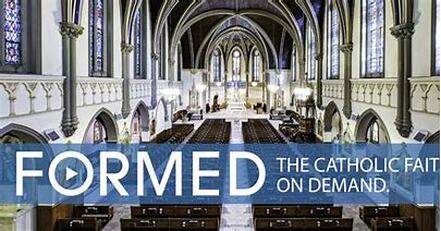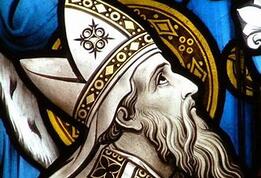St. Ambrose Catholic Church
782 Browns Line, Etobicoke, ON M8W 3W2
Rev. Michael Machacek, Pastor
Rev. Michael Machacek, Pastor
|
ST. AMBROSE BULLETIN WILL RESUME AGAIN IN AUGUST 2024. FOR ANY INFORMATION, PLEASE CALL THE PARISH OFFICE. THANK YOU! |



